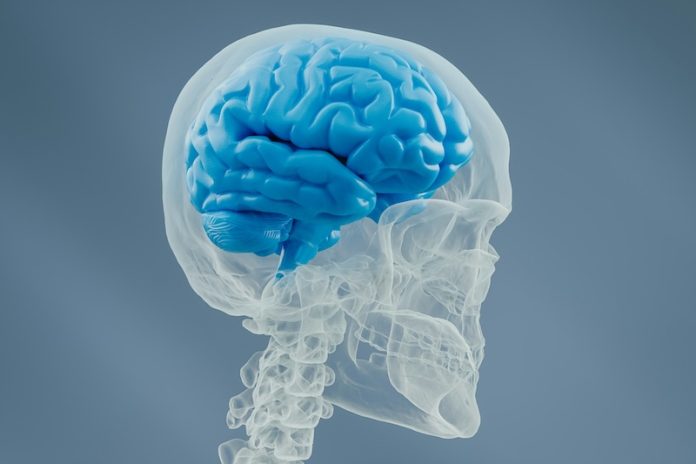
Strokes are a serious global health problem, often leading to death or long-term disability. Each year, about 7,500 people in Ireland suffer a stroke, and around 2,000 of these individuals lose their lives.
For those who survive, the challenges don’t end there—approximately 30,000 people in Ireland live with disabilities caused by strokes.
A recent study conducted by the National University of Ireland sheds light on what might trigger a stroke in the moments before it occurs. The findings were part of a large international research project called the INTERSTROKE study, the biggest of its kind.
This project explored stroke cases across various countries and ethnic groups to understand the potential triggers. The results were published in the European Heart Journal by Professor Andrew Smyth and his research team.
The study involved 13,462 stroke patients from 32 countries. Participants came from different backgrounds, and their average age was 62.
The researchers studied two main types of stroke: ischemic strokes, which happen when a blood clot blocks or narrows an artery leading to the brain, and intracerebral hemorrhages, which involve bleeding directly into the brain tissue. While ischemic strokes are more common, both types can have devastating effects.
The researchers discovered two key triggers linked to a higher risk of stroke within an hour of their occurrence:
- Anger or Emotional Upset: About one in 11 stroke survivors experienced anger or emotional distress within the hour before their stroke. This increased their stroke risk by 30% compared to other times. Interestingly, the risk was even higher for people without a history of depression.
- Heavy Physical Activity: Roughly one in 20 patients engaged in intense physical activity in the hour leading up to their stroke. This was linked to a 60% higher risk of an intracerebral hemorrhage. Women and individuals with lower body mass index (BMI) appeared to face a greater risk, while those with average BMI were less affected.
The study also found no additional risk when both triggers—emotional upset and heavy physical exertion—occurred together. However, these findings highlight the need for caution in certain situations.
For individuals at higher risk of stroke, such as those with cardiovascular conditions, it’s important to avoid extreme physical exertion. This doesn’t mean skipping exercise altogether.
Regular, moderate exercise is essential for overall health and can help prevent strokes in the long term. Similarly, managing emotional health is vital. Learning to cope with stress and anger can lower the risk of many health issues, including strokes.
The study sends a clear message: paying attention to both physical and mental wellness is crucial for everyone, regardless of age.
For those already at risk, being mindful of these triggers and adopting a healthy lifestyle can make a significant difference in reducing the chances of a stroke.
If you care about stroke, please read studies about how to eat to prevent stroke, and diets high in flavonoids could help reduce stroke risk.
For more information about health, please see recent studies about how Mediterranean diet could protect your brain health, and wild blueberries can benefit your heart and brain.
Copyright © 2024 Knowridge Science Report. All rights reserved.



